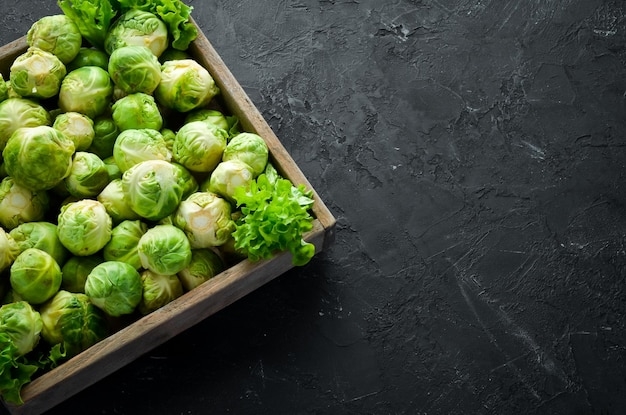Raisins are a great snack for anyone looking to add fiber, antioxidants, and iron to their diet. These delicious little fruits are packed with essential nutrients that can help you stay healthy and energized throughout the day.
What are Raisins?
Raisins are dried grapes. They are made by drying grapes in the sun or in a dehydrator. Raisins can be made from any type of grape, but some of the most popular varieties used for raisins include Thompson seedless, Muscat, and Black Corinth.
Fiber Content in Raisins
Fiber is important for maintaining a healthy digestive system. Raisins are a great source of fiber, with each 100g serving containing 3.7g of fiber. Eating raisins can help to keep you feeling full for longer periods of time, which can help with weight management.
Antioxidant Content in Raisins
Antioxidants are essential for protecting cells from damage caused by free radicals. Raisins are a great source of antioxidants, with each 100g serving containing 3.7mg of Vitamin C and 2.3mg of Vitamin E. These antioxidants can help to protect against chronic diseases such as cancer, diabetes, and heart disease.
Iron Content in Raisins
Iron is essential for maintaining healthy blood cells and preventing anemia. Raisins are a great source of iron, with each 100g serving containing 1.88mg of iron. Adding raisins to your diet can help ensure that you are meeting your daily recommended intake of iron.
Other Nutrients in Raisins
In addition to fiber, antioxidants, and iron, raisins are also a great source of other essential nutrients. These include:
- Potassium: 749mg per 100g serving
- Calcium: 50mg per 100g serving
- Magnesium: 32mg per 100g serving
How to Add Raisins to Your Diet
Raisins are a versatile snack that can be enjoyed in many different ways. Here are some ideas for how to add raisins to your diet:
- As a snack on their own
- Mix with nuts for an energy-boosting snack
- Add to oatmeal or yogurt for breakfast
- Bake into muffins or breads for a delicious treat
FAQs about Raisins
Q: Are raisins high in sugar?
A: Raisins are naturally high in sugar due to the concentration of sugars that occurs during the drying process. One 100g serving of raisins contains approximately 59g of sugar.
Q: Can raisins help with constipation?
A: Yes, the fiber content in raisins can help to promote regular bowel movements and relieve constipation.
Q: Are raisins healthy for people with diabetes?
A: Raisins should be consumed in moderation by people with diabetes due to their high sugar content. One serving of raisins (about 1/4 cup) contains approximately 25g of carbohydrates, so it’s important to factor this into your daily carbohydrate intake.
Q: Are dark or golden raisins healthier?
A: Both types of raisins are equally healthy. The difference between dark and golden raisins is simply the type of grape that is used.
Q: Can raisins help lower cholesterol?
A: The fiber content in raisins can help to lower cholesterol by binding to bile salts and removing them from the body.
Q: Are raisins good for weight loss?
A: The fiber content in raisins can help to promote feelings of fullness, which may help with weight management. However, because raisins are high in sugar, they should be consumed in moderation as part of a balanced diet.
Q: Can I eat raisins if I have a nut allergy?
A: Raisins are not nuts and do not contain the same proteins that are responsible for nut allergies. However, some people with nut allergies may also be allergic to grapes or other fruits, so it’s important to be aware of any potential sensitivities.
Q: Can I give raisins to my dog?
A: No, raisins and grapes can be toxic to dogs and may cause kidney failure.
Q: How should I store raisins?
A: Raisins should be stored in an airtight container in a cool, dry place. They can be kept at room temperature for up to six months, or in the refrigerator for up to a year.
Q: Are organic raisins healthier than conventional raisins?
A: Organic and conventional raisins are equally nutritious. The difference is that organic raisins are produced without the use of synthetic pesticides or fertilizers.
Q: Can I eat raisins if I’m vegan?
A: Yes, raisins are vegan-friendly.
Conclusion
Adding raisins to your diet can help you meet your daily recommended intake of fiber, antioxidants, and iron. They are also a great source of essential nutrients like potassium, calcium, and magnesium. Whether you enjoy them on their own as a snack, or add them to a recipe for a sweet treat, raisins are a delicious and healthy addition to any diet.

















































